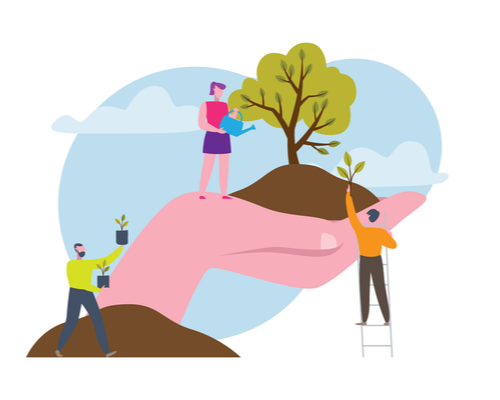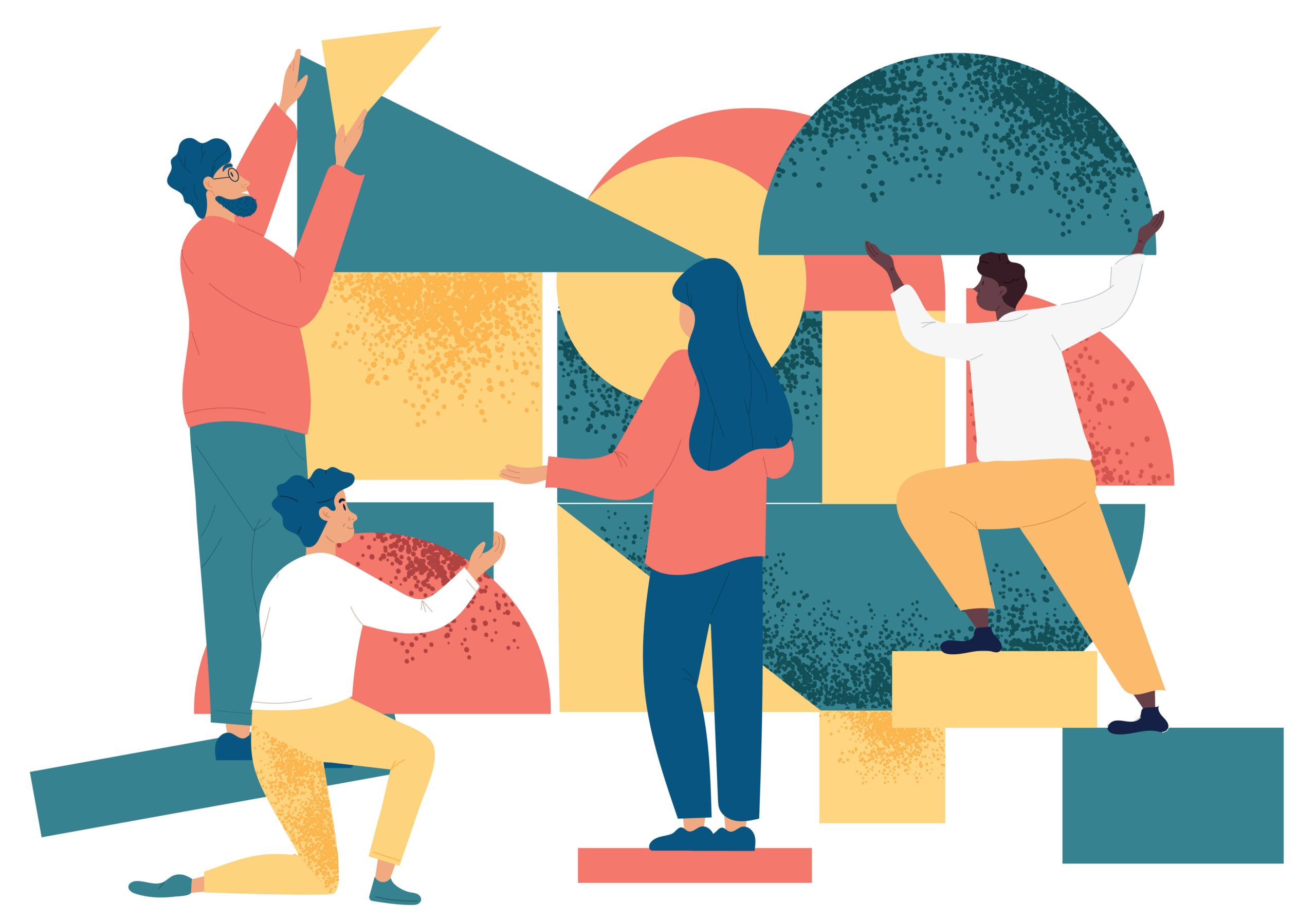We asked 4 IML ANZ Members to share their top tips on how they lead through challenging times and how they maintain momentum.
Continue readingHow to leverage your existing employees to bridge the talent gap
It’s a war for talent, and the continual tightening and squeeze of the candidate pool is and will significantly impact future success. In bridging the talent gap, upskilling and reskilling the workforce are strategies smart businesses are implementing.
Continue readingThe Seven Habits of Highly Resilient Organisations
For organisations to flourish in 2022 and beyond, leaders must lead and support the development of a resilient culture. Based on research evidence and working with organisations to evolve their cultures, it is clear that some critical aspects of organisational functioning separate resilient organisations from the pack.
Continue readingHow senior managers can set the tone in a hybrid world
A hybrid working model won’t be a ‘nice to have’ for organisations once we start to live in a COVID-normal world, it will be an expectation that employees have of senior managers.
Continue readingEssential COVID-normal measures for every manager and leader
To maintain the wellbeing of their people in a COVID-normal world, astute managers and leaders are already shifting their thinking.
Continue readingThe sustainability imperative for small business owners
Sustainability expert, Kate Ross, shares her knowledge on sustainability for small business owners who are committed to making a difference.
Continue readingHow Griffith University’s MBA program is leading the world on sustainability
Griffith University’s MBA program ranked ahead of a field of 150 MBA programs worldwide for the way it enshrines sustainability and responsibility.
Continue readingHow to banish unconscious bias to promote diversity in your workplace
How can leaders address bias, leverage diversity and practice inclusive behaviour at an organisational and team level. It also provides practical steps for mitigating bias in your personal leadership style.
Continue readingFuture-proofing Employment Contracts
The events of the last 18 months have caused massive disruptions to the way that work is performed. All of these challenges sit uneasily with the traditional employment contract, modelled on an employee working set hours in an office or external workplace.
Continue reading










